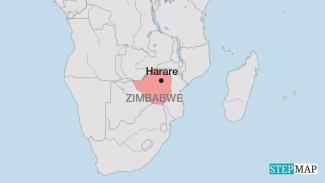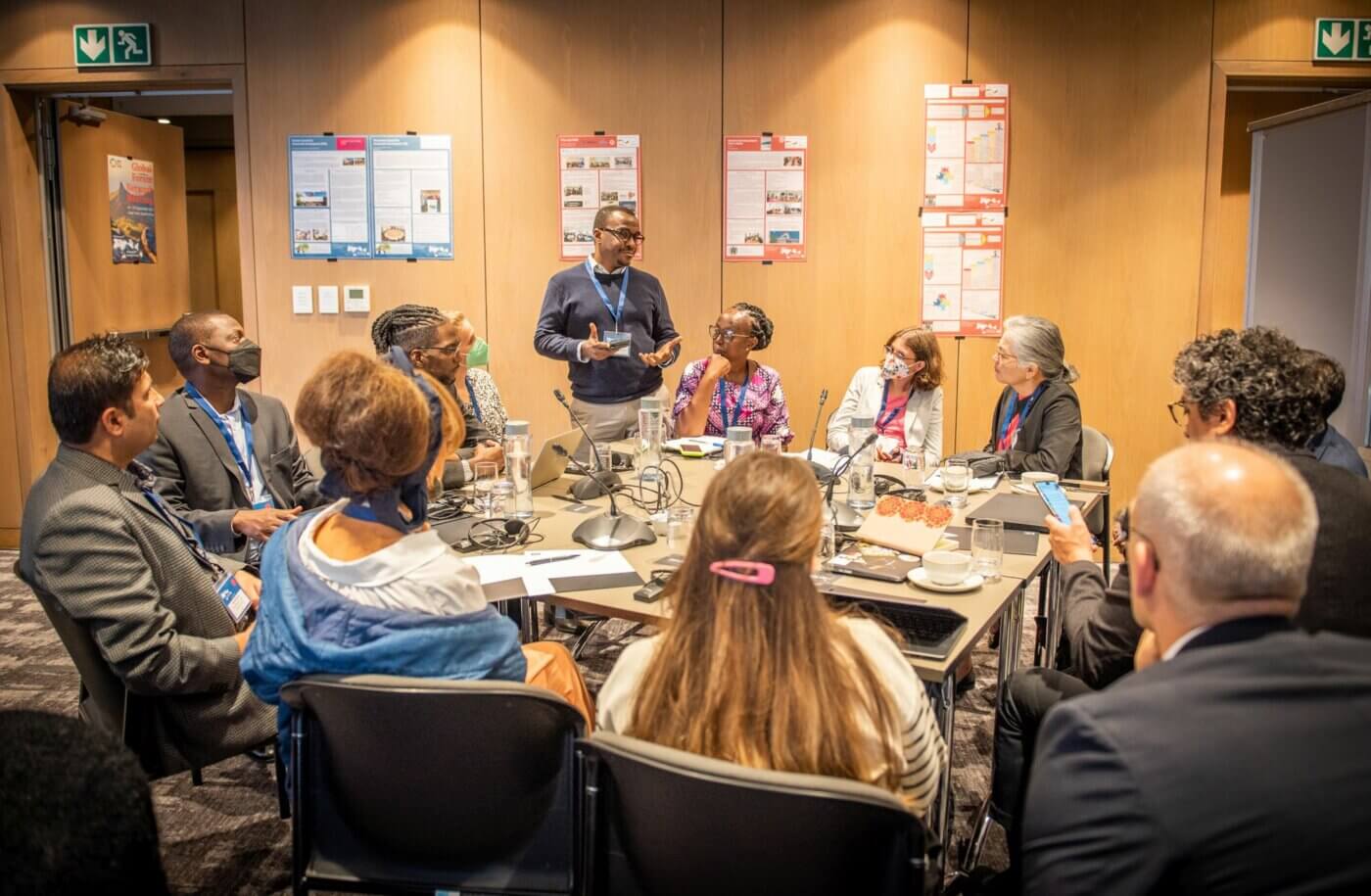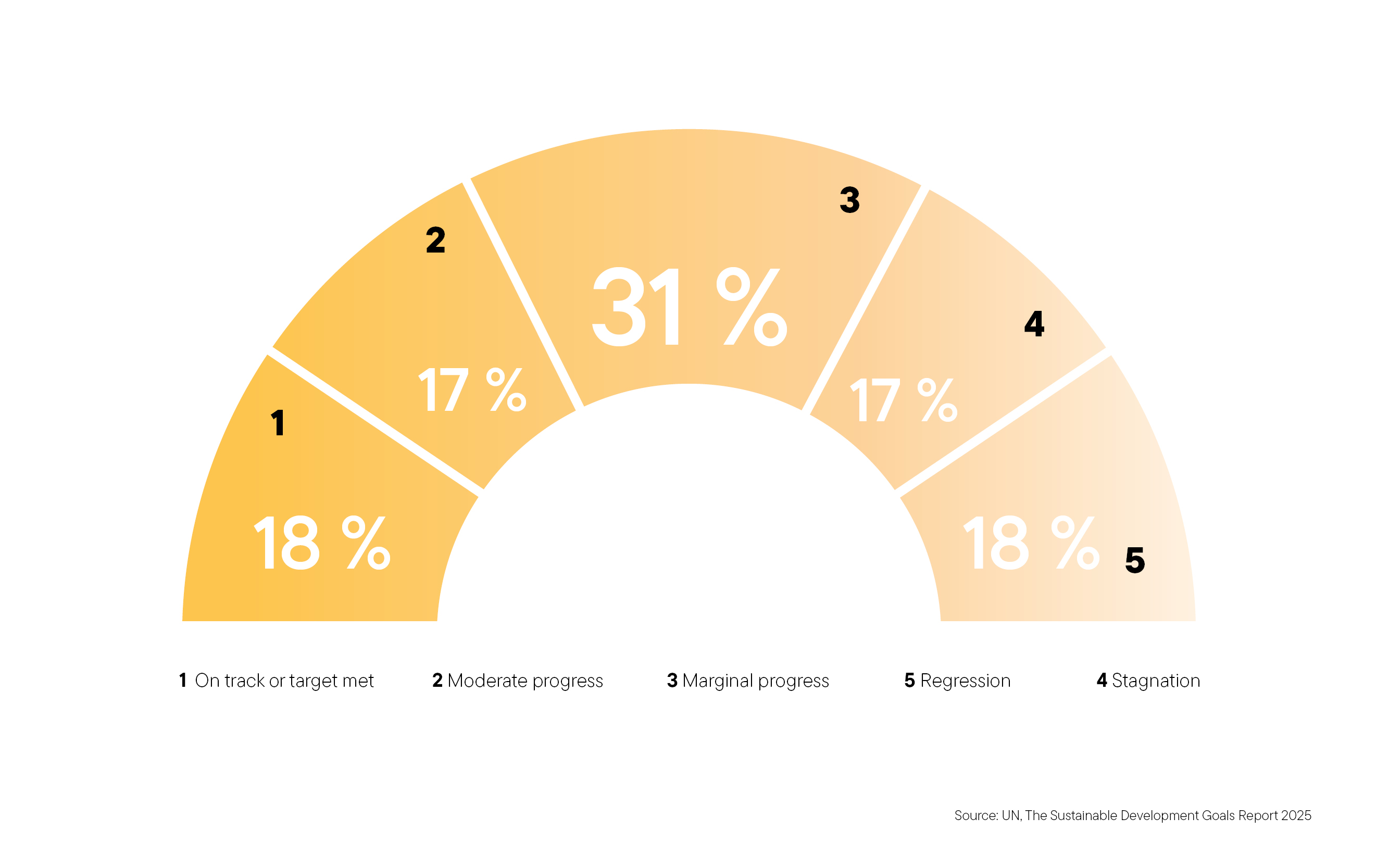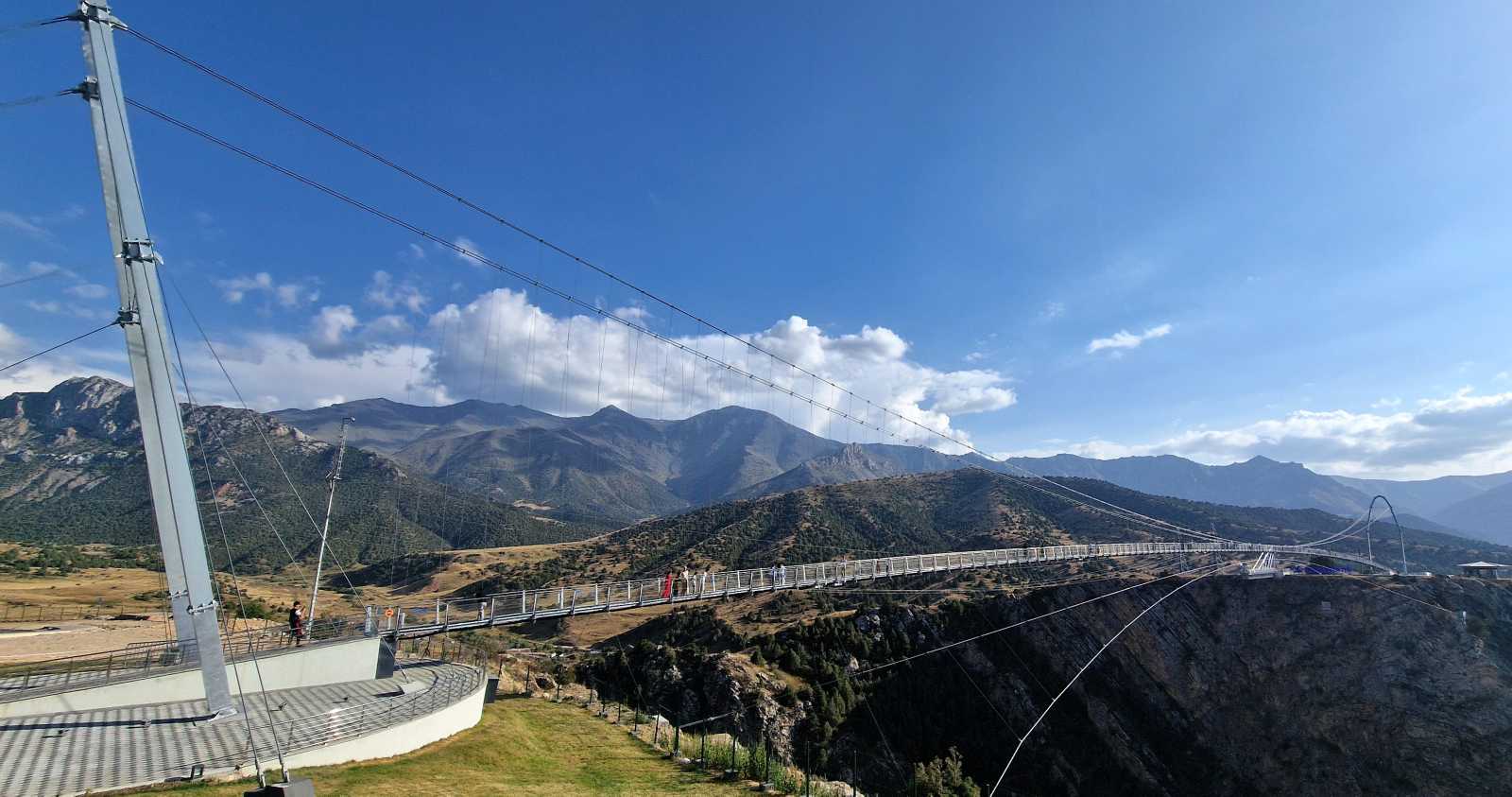Sustainable transport
Zimbabwe’s shift towards electric vehicles gains momentum

Government incentives, including a reduction of import tax duties on electric vehicles (EVs) from 40 to 25 %, are propelling Zimbabwe towards greater EV adoption. This aligns the country with global trends promoting environmentally friendly ways of transportation.
Tanaka Kutama, a business consultant and EV specialist, confirms growing interest in the sector since the duty reductions were introduced. “We have seen an increase in inquiries and imports, but infrastructure, and energy reliability remain major hurdles,” he says.
Currently, Zimbabwe has only a small number of public EV charging stations spread across key cities such as Mutare, Bulawayo and Harare. Notable locations include the Fidelity Life Centre in Mutare, the Century Towers in Harare and the Zimbabwe International Trade Fair (ZITF) grounds in Bulawayo.
According to Washington Zhakata, director of Climate Change Management in the Ministry of Environment, Climate and Wildlife, the shift towards EVs is inevitable. “Countries that are producing oil have been obliged under multilateral environmental agreements to reduce oil production and switch to renewable energy,” he explains. “So, the issue of electric vehicles is inevitable. We can’t run away from it.”
Zhakata also notes that EV adoption is already under way in Zimbabwe. “Several companies are starting to market electric vehicles, including motorcycles. By 2030, we expect a transformation in the transport mix from fossil fuel-based energy to renewable sources,” he says.
However, experts emphasise that for EVs to truly reduce emissions, investment in mass transportation solutions is essential. “There are far too many private cars, and the carbon footprint could be greatly reduced if the country invested in public transport options such as electric buses and vans,” Zhakata adds.
Power supply issues remain a major challenge. Frequent outages, lasting up to 18 hours in some areas, combined with limited grid coverage, hinder the viability of EVs. Many consumers are sceptical, especially in rural areas, where electricity supply is unreliable. “People don’t see EVs as a solution if they can’t charge them,” one commentator observes.
Yet, there is cautious optimism. Zimbabwe holds significant lithium reserves, a critical input in EV battery technology. This could position the country as a player in the emerging EV market, both regionally and globally.
Kudakwashe Ngoni, an EV owner from Harare, remains confident about the future. “We are hopeful to see more electric vehicles on the roads. I currently drive one, and it has been a great investment,” he says.
The road ahead will not be without obstacles. However, by leveraging local resources, addressing infrastructure gaps and promoting public-private partnerships, Zimbabwe has an opportunity to drive sustainable growth in the transport sector.
Lungelo Ndhlovu is a freelance journalist based in Bulawayo, Zimbabwe.
ndlovu.lungelo@gmail.com


















